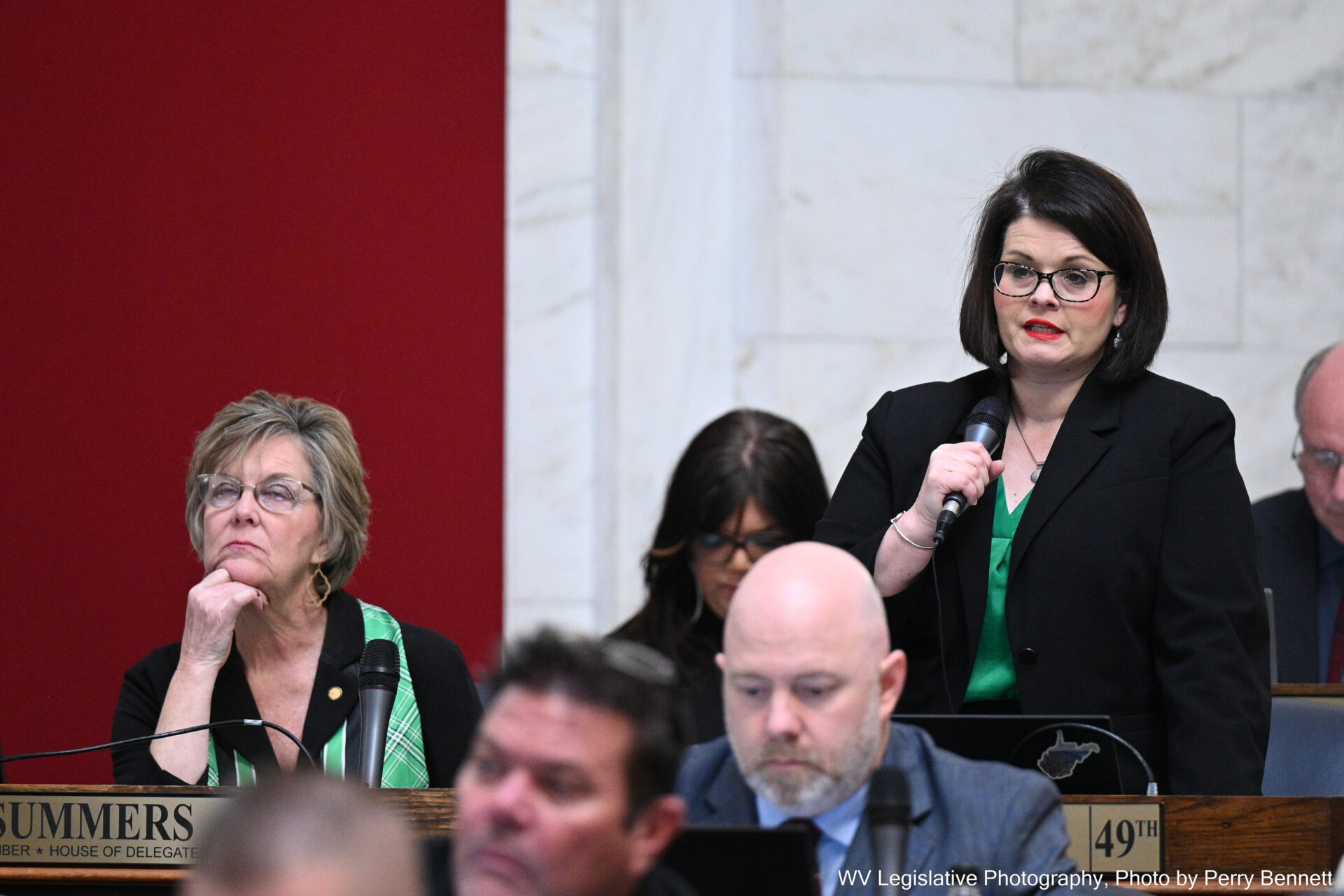Staffing shortages place an immense strain on the entire health care system, leaving hospitals and medical centers overwhelmed and unable to provide optimal care for patients.
Staffing shortages place an immense strain on the entire health care system, leaving hospitals and medical centers overwhelmed and unable to provide optimal care for patients.
While nursing shortages are critical, with 40 percent of hospital staff made up of nurses, according to the West Virginia Hospital Association’s 2023 workforce report, there are 11 professions in need of staff across the state.
These professions are divided into four broad categories in the report: nursing, diagnostic imaging, medical laboratory and respiratory therapy. All 11 critical professions have an overall vacancy rate of 18.6 percent and a turnover rate of 24.3 percent.
Jim Kaufman, president of the West Virginia Hospital Association, said workforce issues are pervasive throughout hospital staffing, from clinical positions, to environmental services, nutrition and cafeteria food service.
“One of the challenges that we face, unlike other industries that are also facing workforce issues, we can’t tell the patient to go home at the end of the day,” Kaufman said. “If we’re short staffed, you can’t say okay, go home and come back tomorrow. And they’re there 24/7. Tell me one other industry that when their short staff can just say, ‘Okay, we’re not going to serve these tables.’ Patients are still showing up.”
Diagnostic imaging aids in medical decision-making and delivers lifesaving treatments. In West Virginia, diagnostic imaging professions have a vacancy rate of 15.3 percent and a turnover rate of 15.7 percent.
Medical laboratory professionals process samples for diagnosis, treatment and prevention of diseases. It is a critical part of care with an estimated 60 to 70 percent of physician clinical decisions based on medical laboratory test results. In West Virginia, medical laboratory professions have a vacancy rate of 15.9 percent and a turnover rate of 13.6 percent.
Respiratory therapists administer all types of respiratory therapy and diagnostic procedures. West Virginia has a particularly large need for respiratory therapists due to high rates of respiratory illness. In West Virginia, the respiratory therapy profession has a vacancy rate of 12.2 percent and a turnover rate of 12.4 percent.
“We need them all and we’re really trying to figure out working with higher ed and others and we’ve been fortunate in West Virginia, the governor’s office, higher education, and the legislature have been very supportive of looking at some of the challenges,” Kaufman said. “We need to look at all opportunities.”
Kaufman said it is important for the public to understand how many job opportunities exist in a hospital setting.
“I really think we just need to show people there are great opportunities in healthcare across the board,” Kaufman said. “We just need to show those opportunities and also recognize from a policy side that we need to make sure we have the resources to pay them fairly and help keep them in the state.”
In West Virginia, nursing professions have a vacancy rate of 19.3 percent and a turnover rate of 26.3 percent.
According to the West Virginia Hospital Association’s workforce report, nursing is a critical hospital workforce that saw shortages prior to 2020 and tends to receive the most attention as the largest workforce in the hospital.
Nursing had the highest overall rates of vacancies and turnovers of all the professions studied in the report with nursing assistants having the single highest turnover rate.
Jordyn Reed, administrator of the West Virginia Center of Nursing, said initiatives like the West Virginia Nursing Scholarship Program are helping staffing shortages among nursing specialties.
The West Virginia Nursing Scholarship Program provides scholarships to LPN, RN, LPN teaching certificates, and masters or doctoral nursing students.
“That program gives scholarship money for nurses all the way from LPN all the way through graduate nursing students, it gives them scholarship funds, in exchange for them completing service obligations in the state,” Reed said. “We did an analysis back in August of 2020, that found, over 88 percent of the completers of that fellowship program are maintaining a West Virginia nursing license. So we found it’s a very good retention tool to keep nurses in the state.”
One of the biggest challenges West Virginia hospitals face in a post-pandemic landscape is still staffing. According to Kaufman, the West Virginia Hospital Association is licensed for 6,500 beds. Due to staffing shortages, they can only offer 4,500 beds to West Virginia patients, causing delays in procedures and care.
“Because there are fewer beds upstairs, there are fewer facilities available for long-term care and post-acute care, there’s fewer EMS to transport the patients and the whole healthcare system is running into problems with staffing, which directly impacts patient’s ability to receive timely care,” Kaufman said.
——
This story is part of the series, “Help Wanted: Understanding West Virginia’s Labor Force.”
Appalachia Health News is a project of West Virginia Public Broadcasting with support from Charleston Area Medical Center and Marshall Health.
